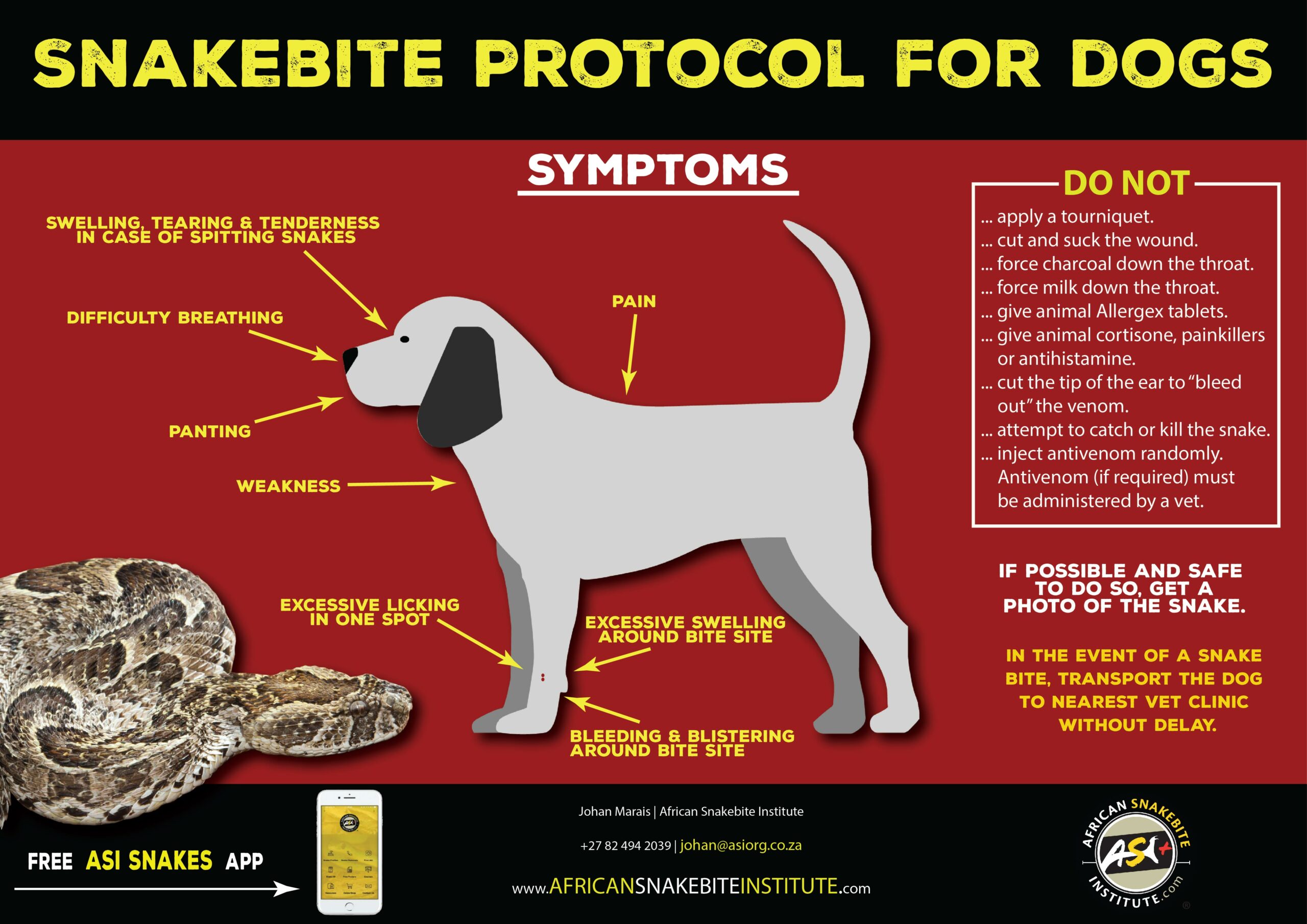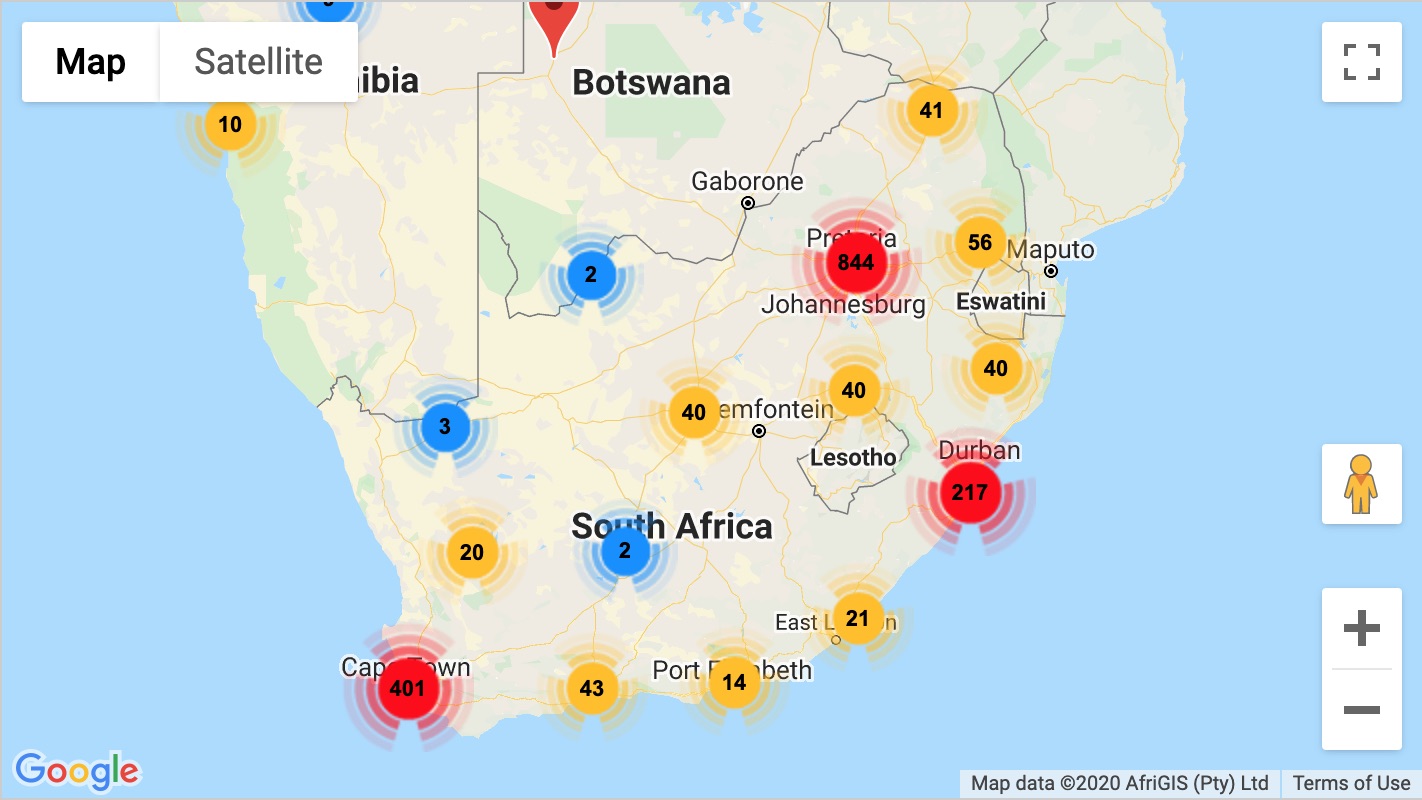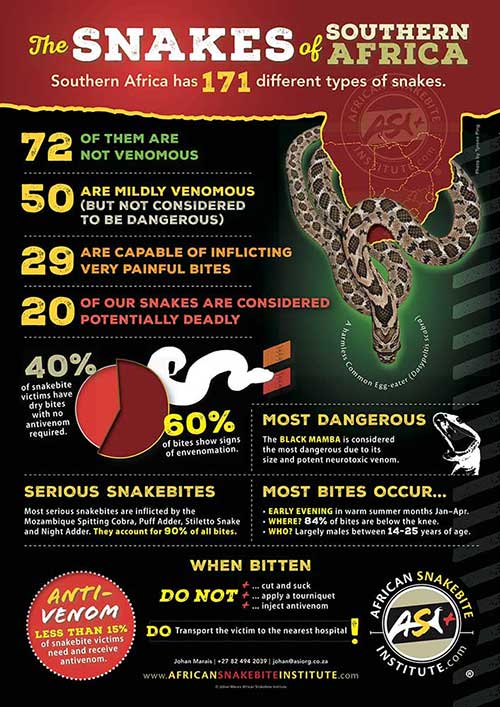PLEASE NOTE. Our offices will be closed from the 12th of December 2025 – until the 5th of January 2026. Last date for orders will be the 8th of December 2025. Any orders placed after the 8th of December 2025, will only be dispatched after the 5th of January 2026.
Cats are highly intelligent, very quick and seldom get bitten by snakes, even though they often catch snakes and bring live ones into the house.
Dogs, on the other hand, are not always the brightest and with their strong hunting instinct find it difficult to resist attacking snakes. Some dogs are particularly good at killing snakes, especially cobras and even mambas, but short bulky snakes like the Puff Adder strike incredibly fast and the dogs often come off second best. So for those of you that have a highly efficient snake-killing dog, it may just be a matter of time before a snake gets the better of the dog.
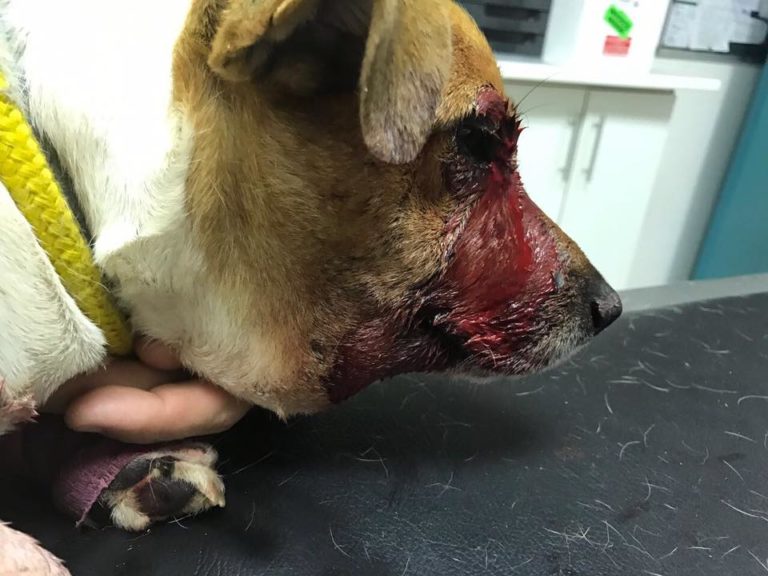
Jack Russel after a Boomslang Bite – Photo Tristan Dickerson
Farm animals are often bitten by snakes and some even eaten by pythons. Cattle and horses are mostly bitten on the face or neck (with the main culprit being the Puff Adder) and this may result in severe swelling and tissue damage Despite popular belief, very few adult cattle or horses are killed by snakes and mambas account for few of these bites. They are extremely shy and nervous snakes and are quick to seek refuge if threatened. They also account for very few bites on humans.
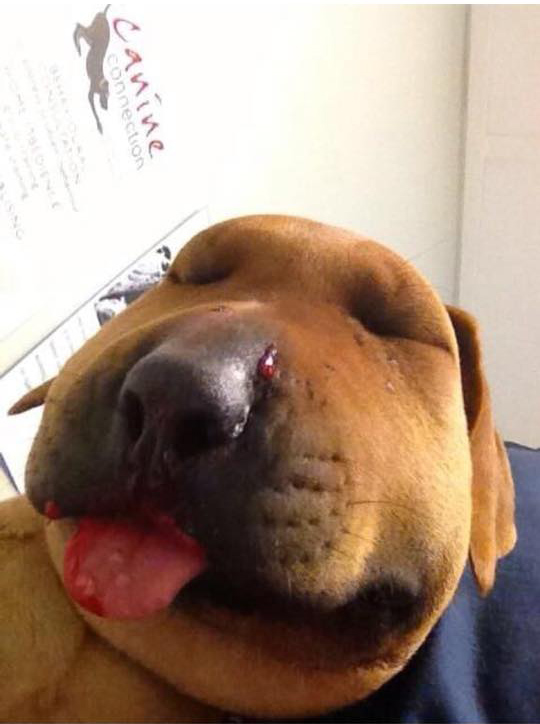
Puff Adder bite – Photo Rob Armstrong
In essence, snakebite envenomation on animals is no different from that on humans. Less than 20% of all humans bitten by a snake require urgent medical care, including antivenom. Pets and farm animals suffer the same fate and it is not unusual for dogs to get bitten by a snake, have some swelling and to survive without antivenom. If an animal is bitten by a snake and receives a lethal amount of snake venom, the animals will die unless treated with antivenom. If the animal does not receive a lethal amount of venom, it will survive, perhaps with some tissue damage otherwise it will recover fully in due course (simple logic, but that’s the deal).
Amputations in dogs are not uncommon and even snakes with relatively mild venom like the Night Adder may cause sufficient damage to necessitate amputation.
Popular myths that are meaningless in saving your pet or farm animal after a snakebite:
– Forcing milk down the animal’s throat.
– Feeding it charcoal.
– Giving the animal Allergex tablets.
– Cutting the tip of the animal’s ear to let the venom ‘bleed out’.
– Injecting your horse or cow with petrol as it supposedly neutralises snakebitee venom.
In the event of an animal being bitten by a venomous snake, get it to the nearest vet as soon as possible, no matter how far you have to travel. There is no other solution. In serious cases antivenom will be required and in such cases the animal will not survive without antivenom. In cytotoxic bites (Puff Adder, Mozambique Spitting Cobra, Rinkhals, Stiletto snake, Night Adder) there may be excessive swelling, pain, blistering and subsequent tissue damage and the sooner the antivenom is administered, the less the tissue damage. Small animals may suffer severe blood loss in addition to tissue damage. In cases where dogs are bitten in the face and throat region the swelling may also inhibit breathing and this is particularly problematic in small dogs. Animals that are severely envenomated die as a result of hypovolemic shock and/or tissue necrosis and cell death.
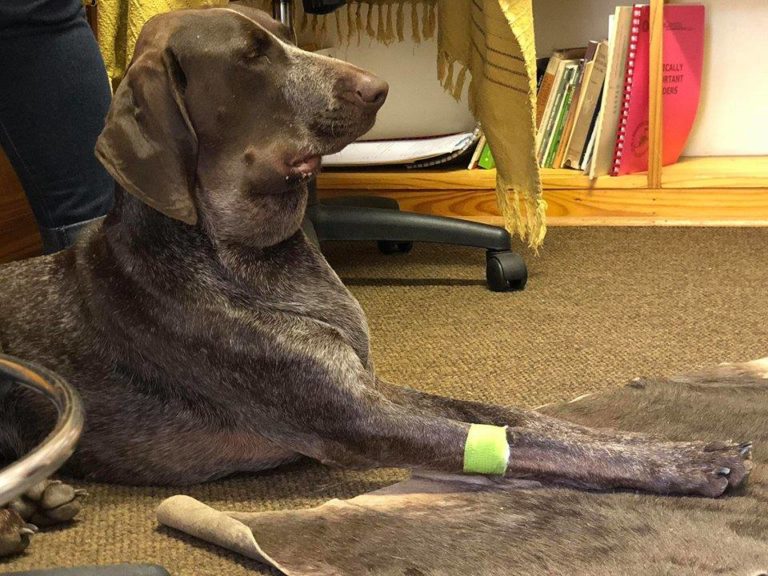
Puff Adder Bite – Photo Beryl Wilson
In Black Mamba and Cape Cobra bites the situation is critical and the sooner the animal reaches a vet, the better its chances of survival. Few animal hospitals have ventilators for animals and that may be critical in these bites. If your pet stops breathing on the way to a vet you could do mouth-to-nose resuscitation but there is little else one can do.
Venom in the eyes:
Dogs often get spat in the eyes by spitting snakes and the eyes very quickly swell closed. This rarely happens to cats and farm animals. Should this happen, immediately wash the animal’s eyes with water by getting it under a tap or use a hose pipe. Gently rinse the eyes for about 15 – 20 minutes and then get the animal to a vet. A bit of local anaesthetic and some antibiotic cream usually do the trick and the animal should be fine within a few days.
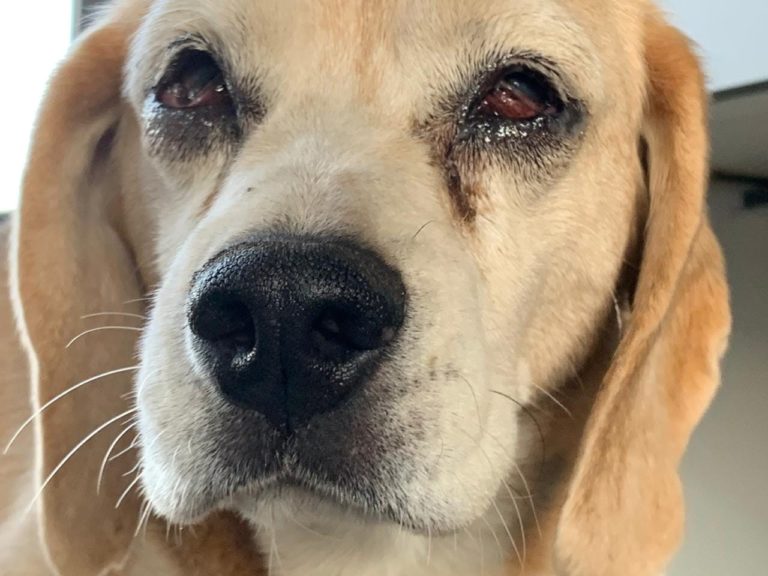 Venom in the eyes – Photo Louan van Rooyen
Venom in the eyes – Photo Louan van Rooyen
As mentioned, in cases of severe envenomation, antivenom is the only solution and anything from two to six (or more) vials of polyvalent antivenom (polyvalent antivenom neutralises the venom of cobras, mambas, the Rinkhals, Puff Adder and Gaboon Adder) may be required. Such treatment could exceed R15,000.00, depending on the severity of the bite.
There is very little an owner can do to save an animal’s life that has been bitten by a venomous snake. Home remedies and first aid treatment has very little effect on the final outcome of such a bite.
Search
Shopping Cart
CONTACT US:
Product enquiries:
Caylen White
+27 60 957 2713
info@asiorg.co.za
Public Courses and Corporate training:
Michelle Pretorius
+27 64 704 7229
courses@asiorg.co.za
Featured Products
-
 ASI Combo C
R1,680.00
ASI Combo C
R1,680.00
-
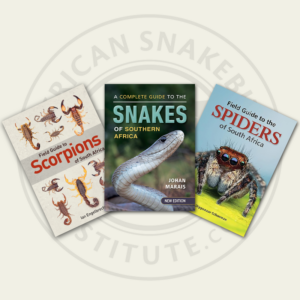 Rangers Book Combo 1
Rangers Book Combo 1
R1,450.00Original price was: R1,450.00.R1,305.00Current price is: R1,305.00. -
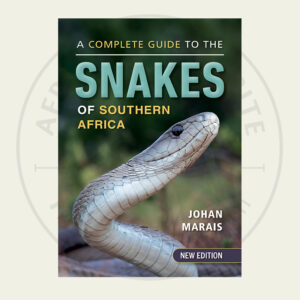 A Complete Guide to the Snakes of Southern Africa - 2022 Edition
R550.00
A Complete Guide to the Snakes of Southern Africa - 2022 Edition
R550.00
